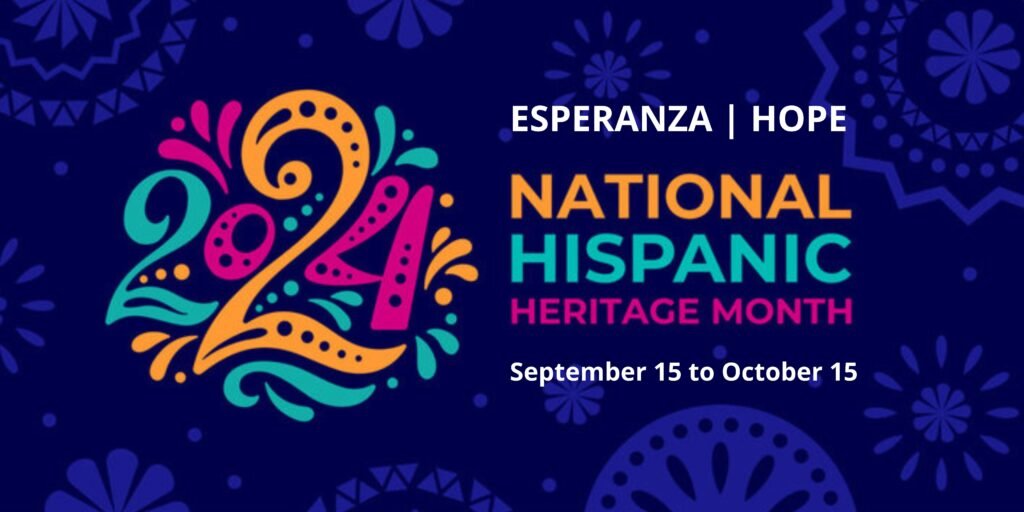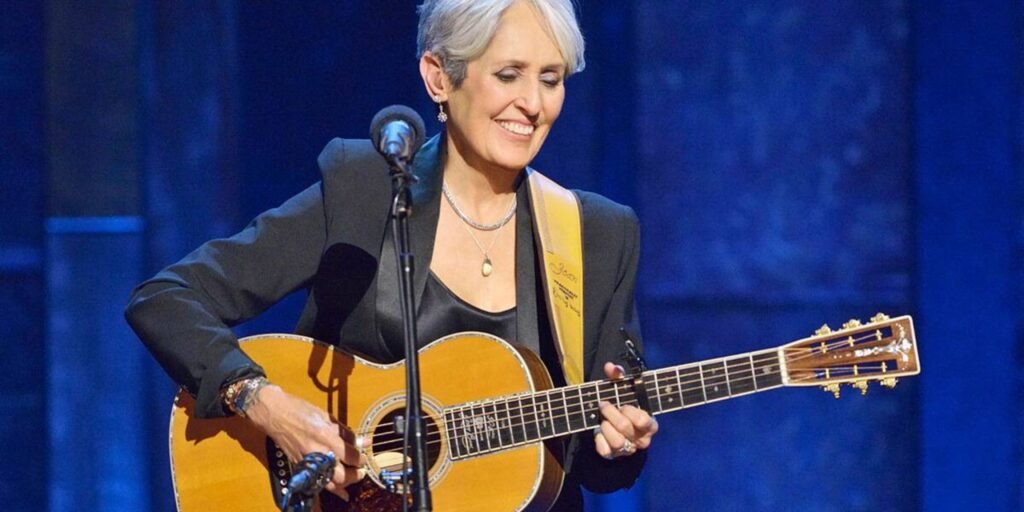Phone: (+1) 818 504 9602
Need help or have a question?
Contact us at:

Hispanic Heritage Month is in full swing, running from September 15 to October 15, and this year’s theme, “Esperanza: A Celebration of Hispanic Heritage and Hope,” couldn’t be more fitting. It’s a call to come together and draw strength from our shared history, especially during these challenging times.
As the National Council of Hispanic Employment Program Managers notes, “This theme invites us to celebrate our heritage while reflecting on the promise of a hopeful future. It’s a chance to honor the incredible contributions of Hispanic communities both past and present, and to look forward to the impact they will continue to have.”
In the spirit of this celebration, let’s take a moment to highlight 3 Hispanic heroes who’ve made history. This list is just a beginning, so we invite you to share your own stories of Hispanic trailblazers who have made a difference. Drop their names and stories in the comments—let’s keep the conversation going!

José Andrés grew up in Spain, learning “the craft of cooking,” and later came to the U.S. in 1991. After the earthquake in Haiti in 2010, he formed the World Central Kitchen (WCK) to provide hot meals to those affected by natural disasters. He served 3.5 million meals to residents in Puerto Rico after Hurricane Maria, and also fed furloughed workers during the month-long government shutdown in 2019. Andrés wrote, “We have shown that there is no place too far or disaster too great for our chefs to be there with a hot plate of food when it’s needed most.”

Joan Baez is a Mexican American singer-songwriter who became the moral center of the anti-war and social-justice movements in the 60s. She sang at the 1963 March on Washington for civil rights; visited Vietnam during the war; stood alongside Cesar Chavez on strike for fair wages; participated in the birth of the free speech movement at UC Berkeley; protested capital punishment at San Quentin; marched in Northern Ireland with the Irish Peace People; appeared at rallies for the nuclear freeze movement; co-founded the Institute for the Study of Nonviolence; and founded the Humanitas International Human Rights Committee. She received the American Civil Liberties Union’s Earl Warren Award for her commitment to human and civil rights.

Sor Juana Inês de la Cruz was born in Mexico in 1651. She composed her first poem at the age of eight and had comprehensively studied Greek logic and the Nahuatl language by the age of 13. Because she was female, she was not allowed to go to university, so she studied privately and became publicly known throughout Mexico for her array of skills and knowledge. In 1690, one of her letters, which criticized a well-known Jesuit sermon, was published without her permission. She was then criticized for the lack of religious content in her poems, and her reply back is now known as the famous Respuesta a Sor Filotea, often hailed as the first feminist manifesto, defending a woman’s right to education. She is widely considered the first feminist author of the New World.
by Lilian C. Alger
